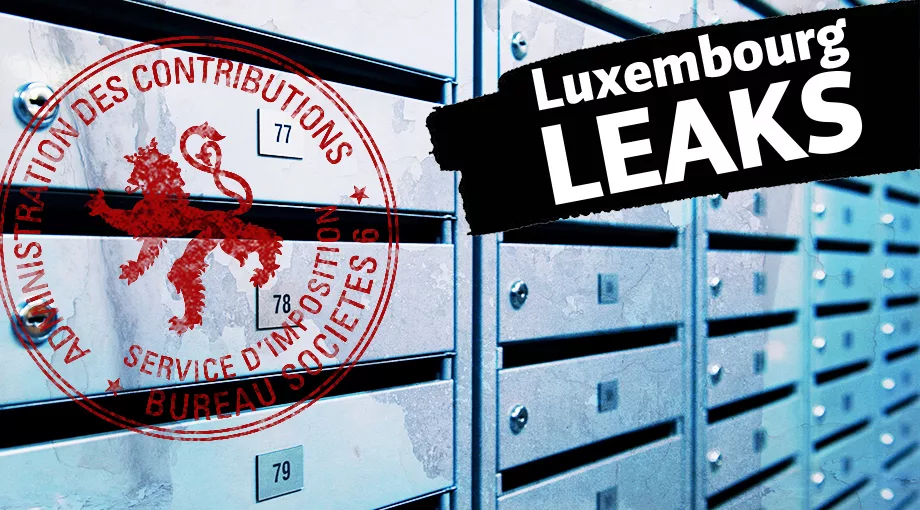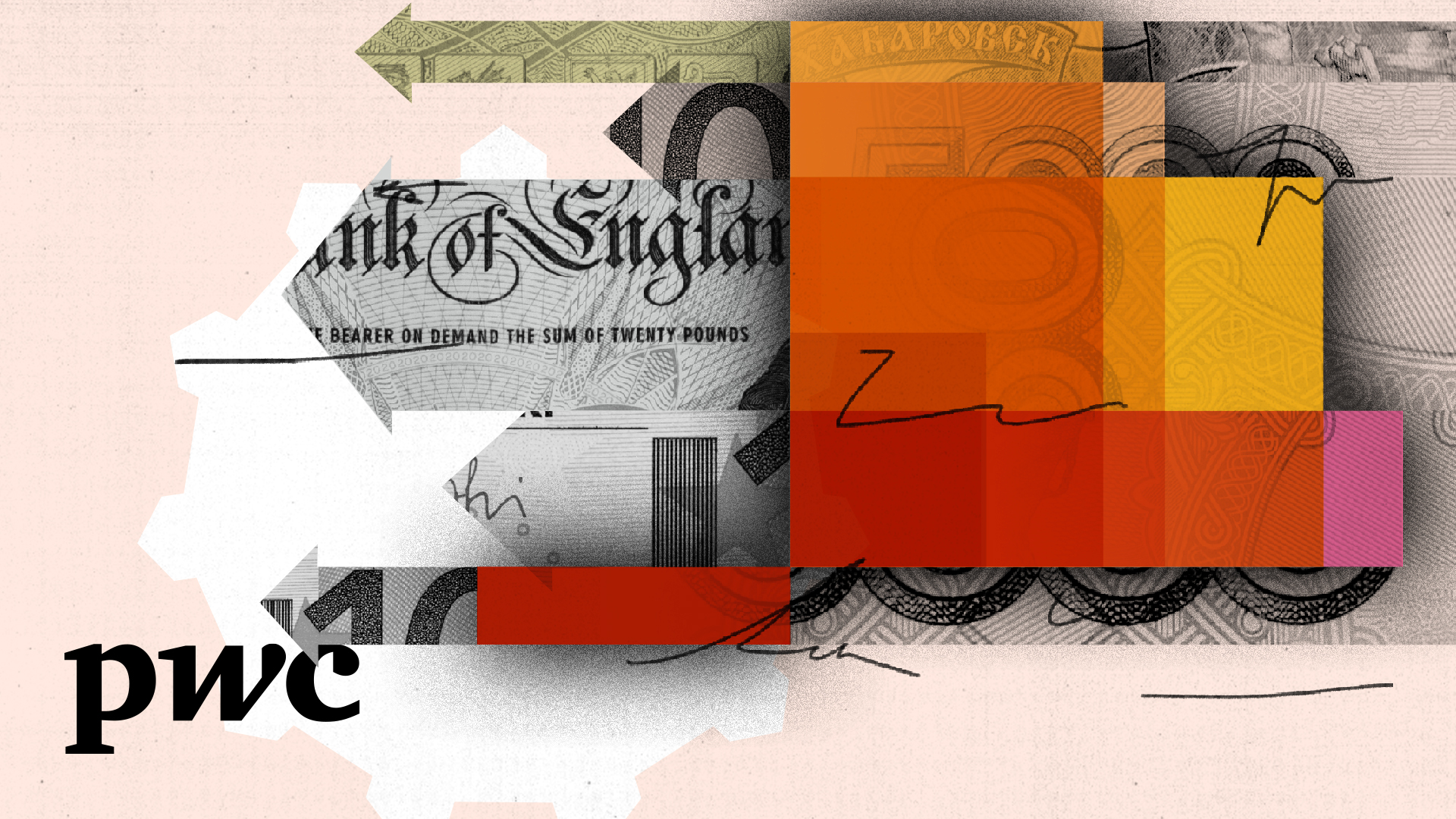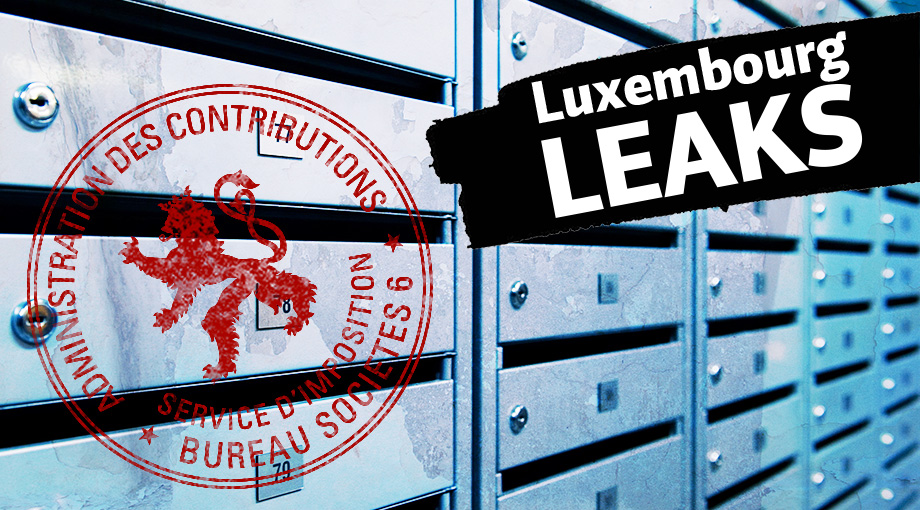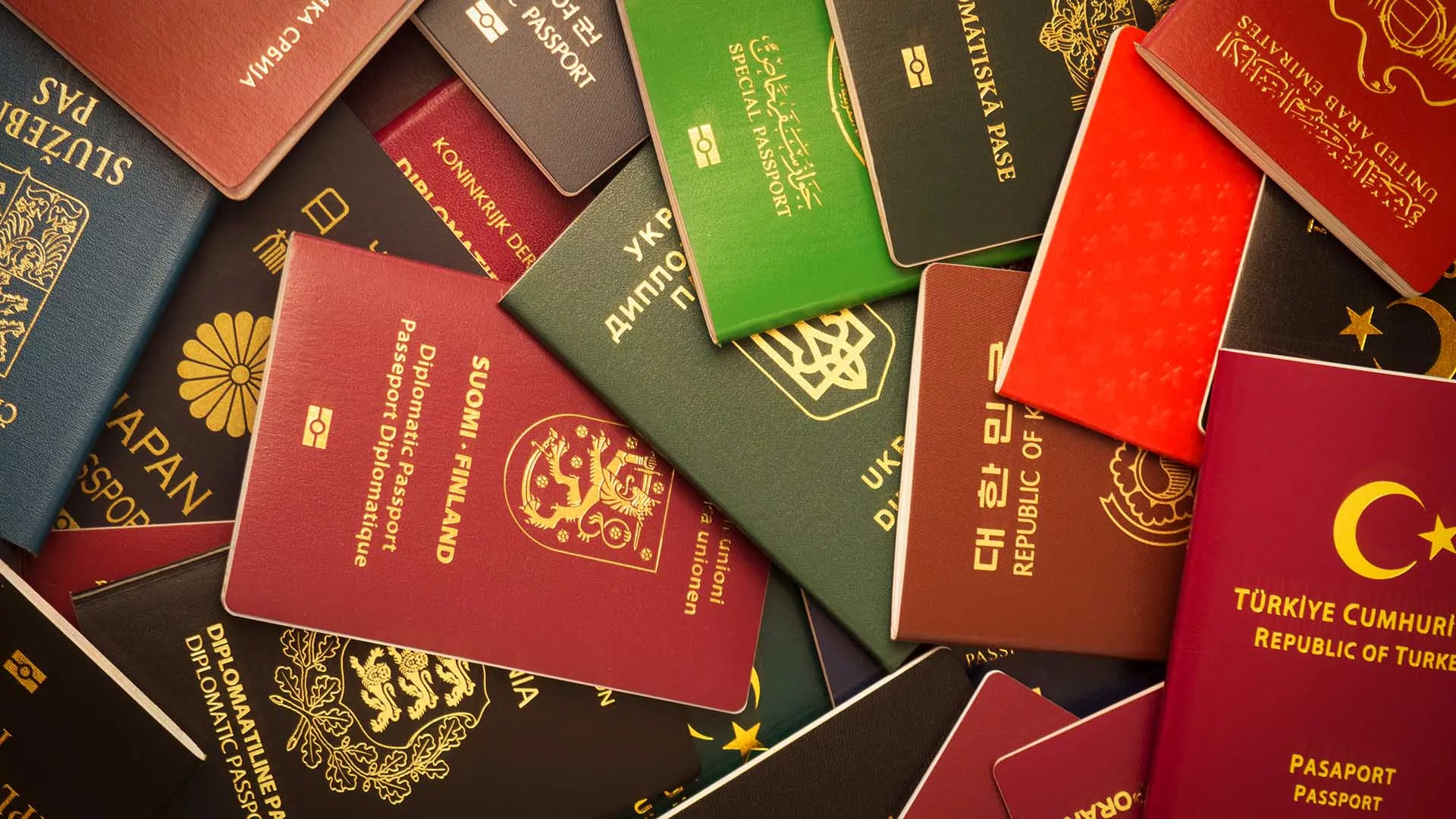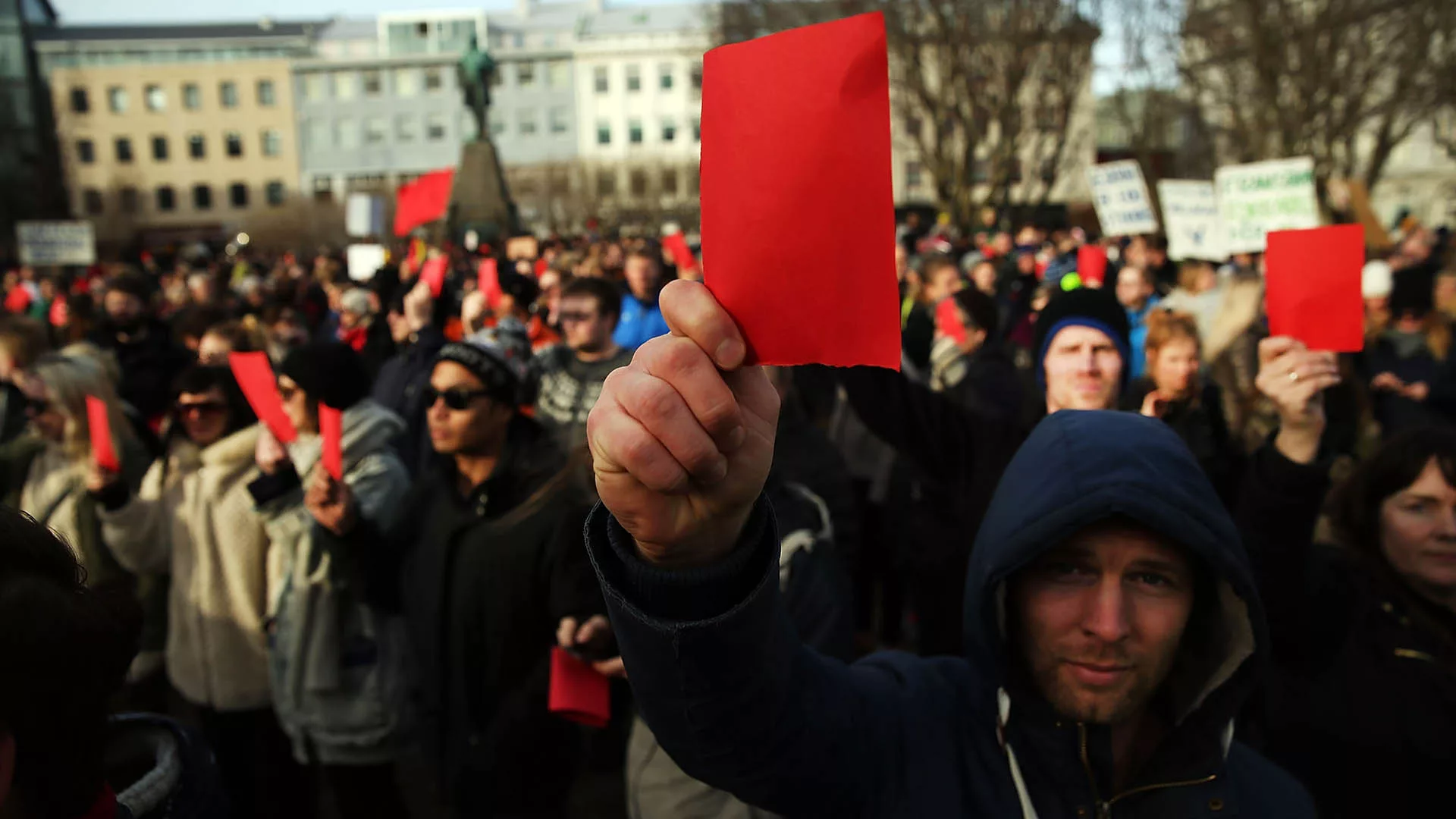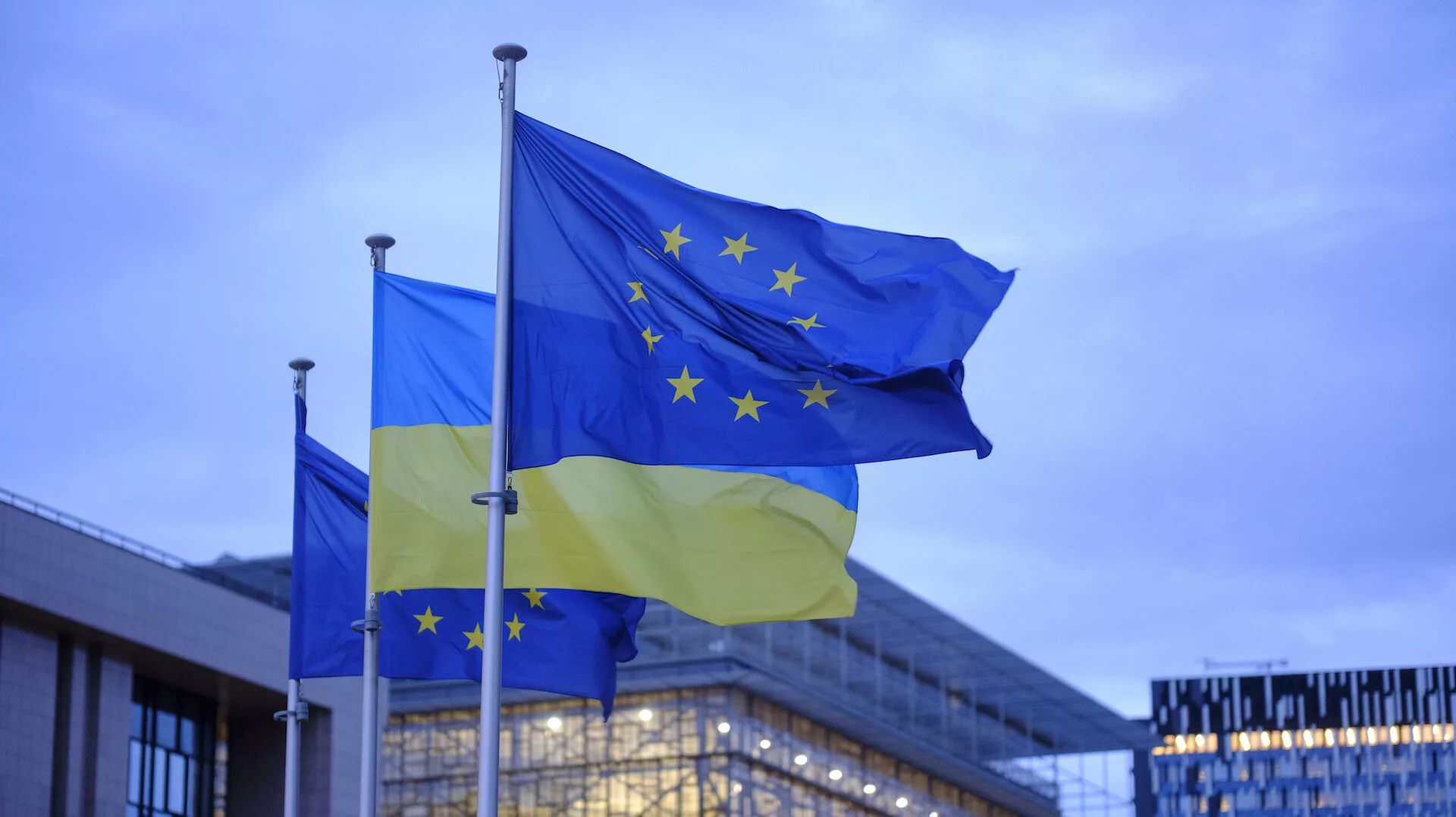In the fall of 2014, ICIJ published a series of stories exposing the secret deals used by hundreds of multinationals including some of the world’s largest companies to reduce their tax bills to virtually nothing. Described in more than 28,000 pages of leaked documents, the agreements between corporate giants like Pepsi, Ikea, Amazon and Disney and the Grand Duchy of Luxembourg showed how the tiny European country had become one of the world’s premier destinations for tax avoidance.
The Luxembourg Leaks investigation — that quickly became known simply as “Lux Leaks” — cast a bright light on the shadowy world of corporate taxation, helping transform it from a niche topic discussed in little-read policy papers into a hot-button political issue. The stories — brought to life in collaboration with dozens of media outlets from around the world — galvanized global anger at companies’ use of byzantine accounting tricks to dodge billions of dollars in taxes, and deprive governments of revenue needed to provide services like healthcare and education.
A decade later, the impact of ICIJ’s exposé is still being felt. Luxembourg Leaks has been mentioned in hundreds of news articles and more than 1,000 social media posts this year alone, and the investigation is still referenced regularly by lawmakers and advocates across Europe, in official reports and on the floor of the European Parliament. The stories helped set the stage for ongoing efforts to impose a minimum global tax on corporations and for the September ruling by the European Union Court of Justice ordering Apple to return about $14 billion of unpaid taxes to Ireland.
Beyond Lux Leaks’ impact on tax policy, the stories also touched off a confrontation within the EU over whistleblowers’ rights and freedom of the press. The investigation that would become Lux Leaks started in 2012, when Antoine Deltour, an employee at PricewaterhouseCoopers in Luxembourg, shared a trove of documents with French investigative journalist Edouard Perrin. Those documents, which were later obtained by ICIJ, became the subject of criminal charges in Luxembourg against Perrin, Deltour and a second whistleblower, Raphaël Halet. All three men have been exonerated, and the cases helped lead the EU to improve whistleblower protections.
On Lux Leaks’ tenth anniversary, ICIJ spoke with Perrin, Deltour and ICIJ’s head of data and research Delphine Reuter and tax expert Pascal Saint-Amans to discuss the project’s legacy. The interviews have been lightly edited for clarity and brevity.
The origin

The story begins around 2009, 2010 in Luxembourg, where Deltour, a Frenchman then in his mid-20s, had begun to have doubts about his work as an auditor at international accounting firm PwC, and started to question the fairness of tax benefits the tiny EU duchy was offering to PwC’s corporate clients.
DELTOUR: I’d been working two years as a junior auditor for PwC, and during my audits I found out that most of PwC clients were just empty shells, or kind of empty shells, with no employees, no real turnover, only some financial transactions aiming at shifting profits to Luxembourg that didn’t pay any tax elsewhere.
When I became convinced that there was really an issue with the tax rulings in Luxembourg allowing very, very low effective tax rates. Then I tried to attract some attention to this issue with very little success. I just shared a little comment on a blog, and I talked about it on a French radio program, but with no impact.
However, Deltour’s blog comment had caught the attention of Perrin, who had been reporting on the world of “tax optimization,” the euphemistic term for the service PwC and other accounting firms were providing to their clients.
PERRIN: The people who were in the know — politicians, people in NGOs — they all knew what was going on with under taxation of large multinationals. That was a trend that was observed at the macroeconomic level. What was not known was how it was happening. There was only supposition at the time.
When Deltour decided to leave PwC to pursue a new career, he took with him a trove of documents that provided a clear look at exactly how those systems worked: detailed, confidential tax agreements that the government of Luxembourg had struck with PwC’s clients.
REUTER: PwC had an open door to the tax administration in Luxembourg. So, companies would be able to devise and present the way that they would slash their tax bill and then pretty much get the approval of the tax administration in Luxembourg prior to actually filing their taxes. Those tax rulings were just direct access to the tax administration. It was a way for companies to just be as up front as possible and to have those decisions made very much in advance. Some of the plans explained in the tax rulings were very detailed and quite outrageous.
Deltour shared the documents with Perrin, who eventually joined forces with the BBC to investigate. The resulting stories, published in France and the United Kingdom in 2012, provided the first clear look at a tax system that had been hidden from the public. But the initial investigation only covered a handful of the hundreds of companies contained in Deltour’s documents.
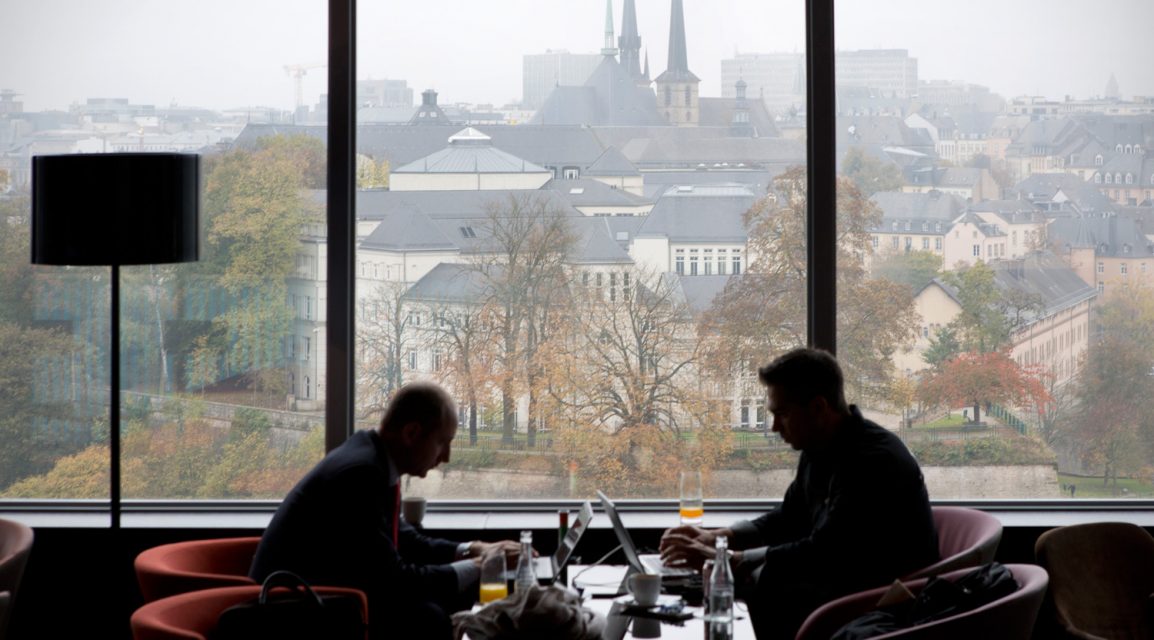
The investigation
ICIJ obtained copies of the tax agreements (not from Deltour) and began to assemble a global team of journalists to replicate Perrin’s work in France across other countries.
At the time, in France, the idea of cooperating with other news media on stories was “really nascent,” Perrin said. “Some people would look at you like, what? You’re going to share documents? You’re going to work with others? Are you crazy?”
But Perrin said he felt “under-equipped” to handle a story of Lux Leaks’ complexity and magnitude on his own. “With ICIJ’s community we could do something about it and really exploit [the data],” he said.
PERRIN: The most difficult part of the exercise was to understand what these [companies] were doing. Here, we went into the bits and pieces of tax policies all over the planet. That was what Lux Leaks achieved. To be able to get the expertise and know-how of really specialized reporters in different fields, in different countries.
ICIJ’s team consulted multiple industry experts to understand the intricate tax schemes that companies were using to shift profits into Luxembourg, and scoured the country’s corporate registries to unpick the complicated networks of subsidiaries that facilitated the financial machinations.
REUTER: PwC was the company that was selling their tax advisory services to big multinationals. But the multinationals were establishing Luxembourg companies thanks to local registration agents. Part of the story was about that, too, how easy it was to get a Luxembourg company and get access to the tax administration.
For the first time, journalists could see exactly how companies moved their money around the world and the kinds of benefits they gained from the journey, Perrin said.
PERRIN: Most of the time a tax reform for a group, for a multinational, was not only going through Luxembourg, it would go from Ireland, Switzerland, Luxembourg, the mother company’s homebase, everything. So there we had basically the charts. That was the real leap forward.
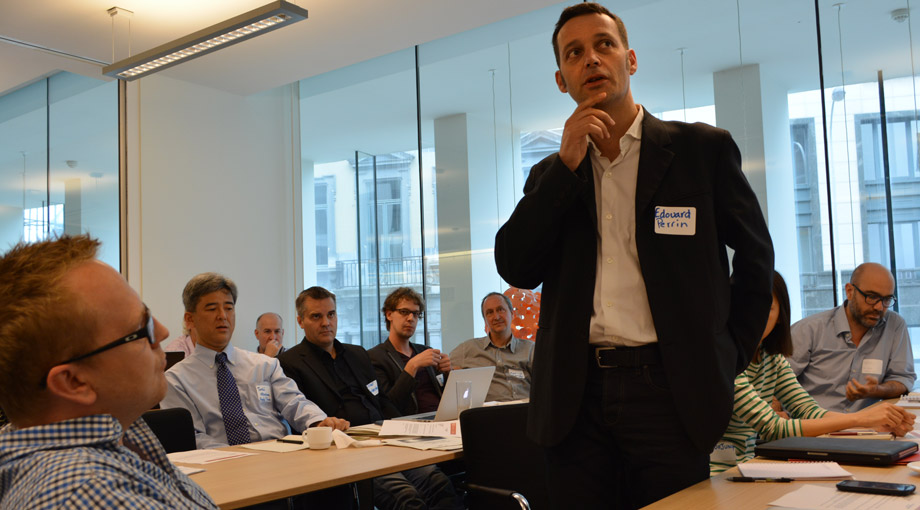
Publication
The first Lux Leaks stories were published simultaneously by ICIJ and more than 30 media partners on Nov. 5, 2014, capturing headlines across the globe and putting pressure on Jean-Claude Juncker, the former prime minister of Luxembourg, who had just taken office as the president of the European Commission days earlier.
REUTER: That was one of our big hooks. And our hope was that those discussions around taxes would find momentum in the parliament and that the newly-minted members of the European Parliament would actually take it upon themselves to investigate.
The first barrage of Lux Leaks stories prompted a second leak of tax files from inside the other Big Four accounting firms, and the scope of the original exposé was quickly expanded.
DELTOUR: I was really happy to see “Lux Leaks 2” one month later in December 2014, involving the three other Big Four [Deloitte, EY and KPMG] because it was a good confirmation that the issue was systemic and not only about PwC and what PwC did.
Work on reforming corporate taxation had been underway for years, according to Pascal Saint-Amans, who was the director of tax policy at the Organization for Economic Cooperation and Development when the reports hit.
At the time, he was in Australia, presenting a series of measures to close international tax loopholes to the members of the G20. Plans for tax reforms had been in the works for years, so when Lux Leaks thrust the issue into the public spotlight, it left “no way for politicians to escape,” he said. It made the process “irreversible.”
SAINT-AMANS: The ICIJ did tremendous work by going in depth, by making the system more sensitive, by alerting people. You had an ecosystem which was now listening more to the issue. And that’s what also facilitated the reform that had already started.
The legacy
In the wake of Lux Leaks, the European Union adopted new rules that required countries to report their tax rulings. The investigation also led to more and bigger media collaborations between ICIJ and its partners, including the Panama Papers and the Paradise Papers, which put more pressure on politicians to pursue broader reforms on corporate taxation, including the push to introduce a global 15 percent minimum corporate tax rate.
SAINT-AMANS: Because of the articles, behaviors which were legal but clearly wrong were shamed and therefore political action was taken to stop them.
DELTOUR: Now, when you talk to anyone in the streets, when you talk about tax avoidance, the allegedly legal part of tax avoidance by big corporations, I think it’s much better known than before Lux Leaks. This is clearly the most important impact of the Lux Leaks, because maybe before Lux Leaks when you talked about tax evasion, people thought about only rich individuals with yachts, but not about corporations.
For journalism, one of the most important outcomes was an understanding of the importance of collaboration.
PERRIN: I’m definitely not a romantic about journalistic collaboration. It’s not a bed of roses. It’s a lot of diplomacy, and a lot of yelling and a lot of shepherding and trying to have people go in the right direction. But for many stories, it’s really an asset. I think now, it’s not even a debate anymore.
The collaborative model that helped propel Lux Leaks into the global spotlight is “still paying off today,” Reuter said.
REUTER: There were a lot of conversations with the big bosses of big media who didn’t want to collaborate until they saw the success of those projects. When the next one came, they were convinced that it would pay off for them, that it would lead to a positive outcome. They would get more out of it by collaborating than if they were keeping the information to themselves. So those conversations became easier and easier.
While Lux Leaks raised awareness about the scale and ubiquity of tax avoidance, it also brought attention to another simmering issue in Europe: whistleblower’s rights.
PwC had tracked some of the leaked documents to Deltour and Halet, the second whistleblower. Luxembourg brought criminal charges against them and Perrin, which plunged the trio into a years-long court battle.
DELTOUR: I had accepted the risks, first, because I thought these risks were measured and controlled. I really relied on the protection of sources, and I thought that sharing some documents wouldn’t expose me to these consequences. And second, even if I was identified as the source, I was in a personal situation that made this risk acceptable because I was single with no debts, no children.
Perrin and Deltour were eventually acquitted. In June 2016, a Luxembourg court gave Halet a fine and a suspended sentence of nine months. It wasn’t until 2023 that the the Grand Chamber of the European Court of Human Rights granted him official whistleblower status, overturning his conviction.
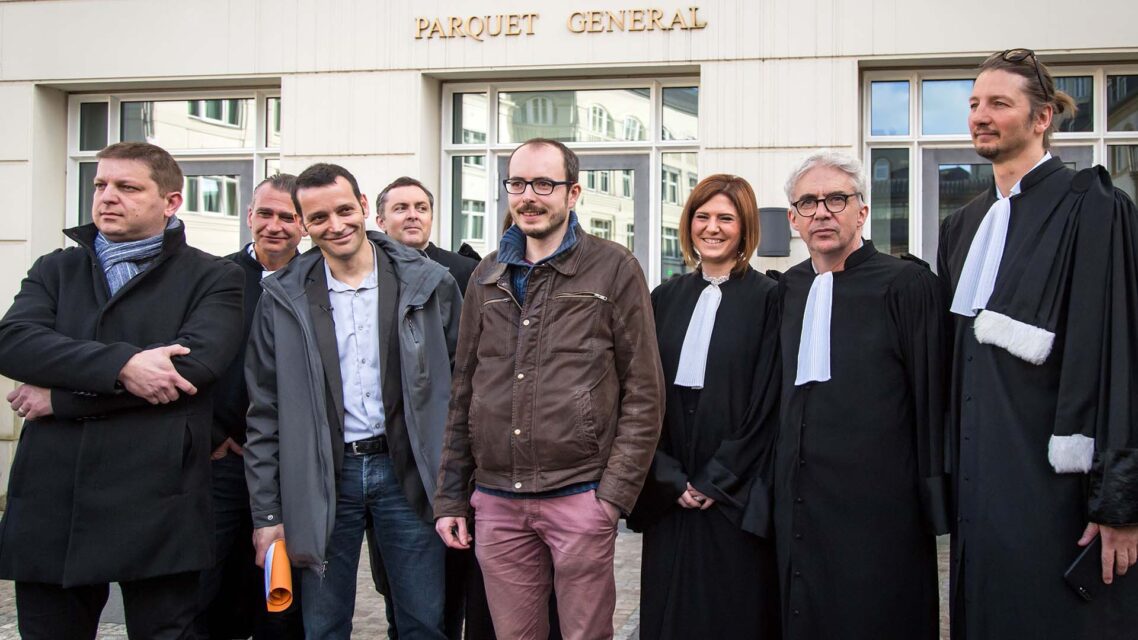
The experience exacted a personal toll on the three men, but it also led the EU to adopt a directive that increased whistleblower protections.
DELTOUR: People didn’t understand why we were facing years in jail just for having behaved as good citizens preoccupied by public interest and the health of public finance. So, clearly the opinion was on the side of the whistleblowers and not on the side of the finance industry.
Both Perrin and Deltour said that, despite the hardship, they would do it all again.
PERRIN: It definitely was worth the effort, not only personally but collectively.
Published by: icij.org
